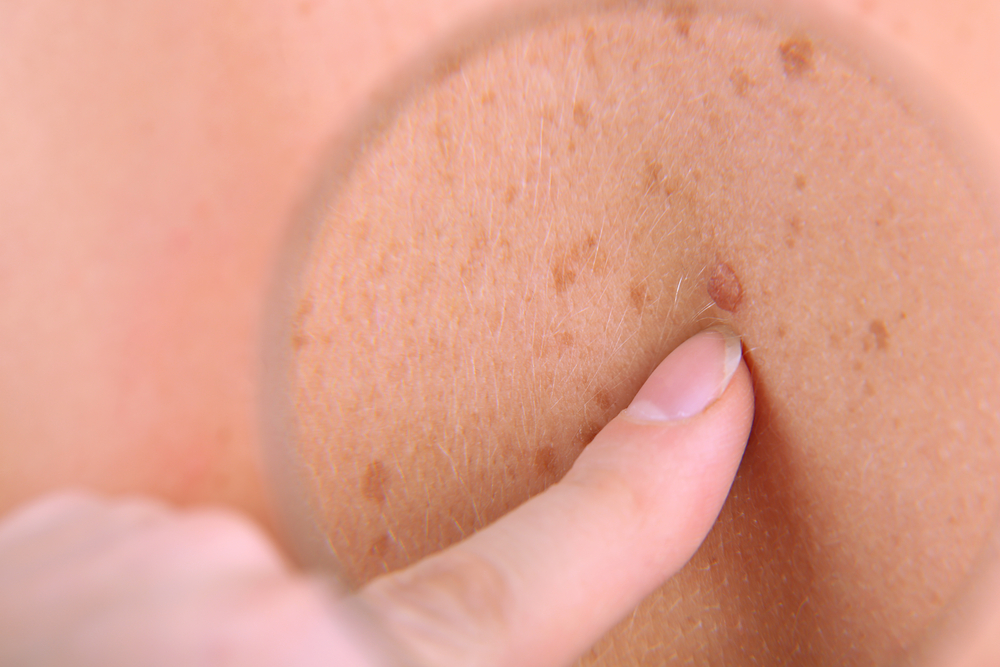Cancer Research UK released demographic data this week showing that malignant melanoma rates in the U.K. have more than doubled among people ages 55 and older since the mid-1990s, and are also rising among younger adults.
Specifically, the data showed a 155 percent increase in this deadly form of skin cancer among the older adults, with 10,583 people 55 or older diagnosed in 2014 alone, as opposed to 3,100 just 20 years ago. Among those under age 55, a 63 percent increase was found in the same 20-year period.
Also in 2014, some 2,000 people died of malignant melanoma, a record high for the country.
But survival rates for melanoma are improving. Nine in 10 newly diagnosed people in England and Wales will survive the disease for at least 10 years, the group reported in its press release, compared to seven in 10 in the early 1990s.
“Getting sunburnt doesn’t mean that you’ll definitely develop melanoma but it does increase your chances of developing the disease. It’s worrying to see that malignant melanoma rates are continuing to rise and it’s very important that people take care of their skin in strong sun, even if they’ve been sunburnt in the past,” Nick Ormiston-Smith, Cancer Research UK’s head of statistics, said in the release.
Dr. Julie Sharp, the group’s head of health and patient information, gave some tips for those intent on enjoying days at the beach. “We all need some sun for vitamin D,” Sharp said, but also need to practice sun safety. “The best way to protect skin when the sun is strong is to spend time in the shade between 11 am and 3 pm, and to cover up with a t-shirt, hat and sunglasses. Sunscreen can help protect the parts you can’t cover – use one with at least SPF 15 and 4 or more stars, put plenty on and reapply it regularly.
“But it’s best not to rely on sunscreen alone – use a combination of things … And never use sunscreen to stay in the sun for longer,” she said.
The cure rate for malignant melanoma depends on when it is detected. Sooner is always better. For this reason, prevention efforts are important, as is getting screened on a regular basis — especially if you have a family history or other factors that may put you at higher risk.
According to Cancer Research UK, malignant melanoma is one of the deadliest forms of skin cancer because it is aggressive and easily spreads. This type of cancer develops in the cells that produce skin color, known as melanocytes.


